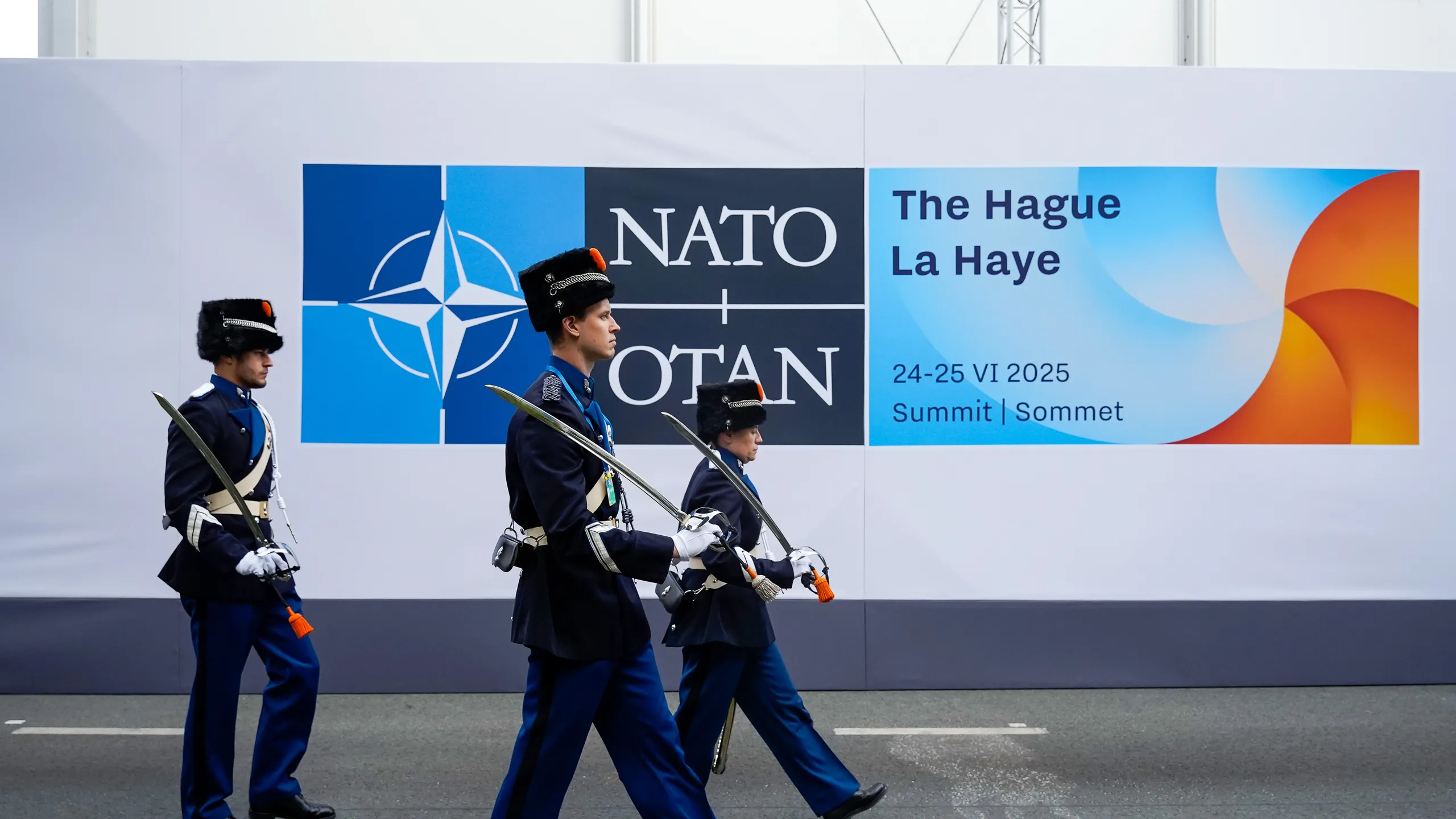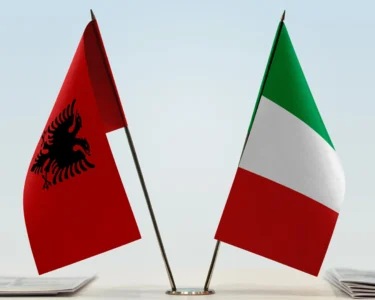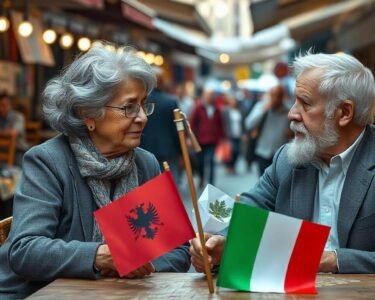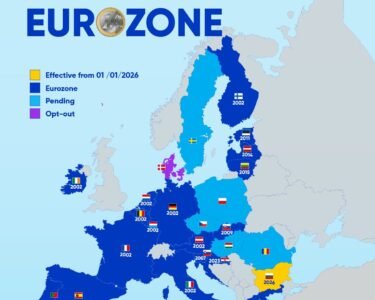Those who thought that the first NATO summit with the "second" Trump would mark a cooling of U.S. relations with its other partners were disappointed.
The 32 countries of the Atlantic Alliance are united. Trump has no intention of weakening the U.S. presence in Europe, nor does he have second thoughts about the Treaty's Article 5 obligation of solidarity with an aggressed member country.
NATO countries, at the request of the U.S. will spend much more in the coming years, 5% of gross domestic product. This will lighten America's economic burden as it is committed to strengthening its military presence in the Indo-Pacific. But it will also be a strong opportunity for industry and research.
Defense expenditures are a driving force for the economy, and especially those for cyber-security and more advanced space defense systems open horizons for research and innovation that are not limited to the military sphere alone.
It was good that Trump had words of appreciation for Ukraine and criticism of Russia. By now there is a united front, with the unremarkable exception of Hungary and Slovakia, in support of Ukraine. In NATO defense enhancement plans, Ukraine will certainly be an important partner, despite not being a member of the Alliance.
Overall, it can be said that NATO is in excellent health and that the increased spending will strengthen the European defense industry and make relations between member states even stronger.
New thoughts are now opening up about what nato could do in addition to its traditional engagement. There should be discussion of a more active role for it in other Continents, for example Africa, where NATO forces could act to stabilize and defend democratic regimes, preventing bloody conflicts and countering the spread of the Russian and Chinese presence that has been neglected for too long even by the United States.
NATO, moreover, could have its own structure against cyber security attacks. The horizon of Article 5 should be extended to this topic: if one member country suffers a cyber attack, all 32 NATO countries should react against the party responsible for the attack. Such a reaction would be so devastating that it would deter further attempts at cyber warfare by hostile forces.
NATO could also give itself a mission to protect democracies and intervene to protect free elections from outside interference , attempts to manipulate public opinion through social
There is much to be done. Especially in terms of communication. NATO needs to invest more in its history, image and role as a stabilizing force in world balances .
A set of tasks these that can be discussed in two years in Tirana, where the 2027 Atlantic Alliance summit will take place.





